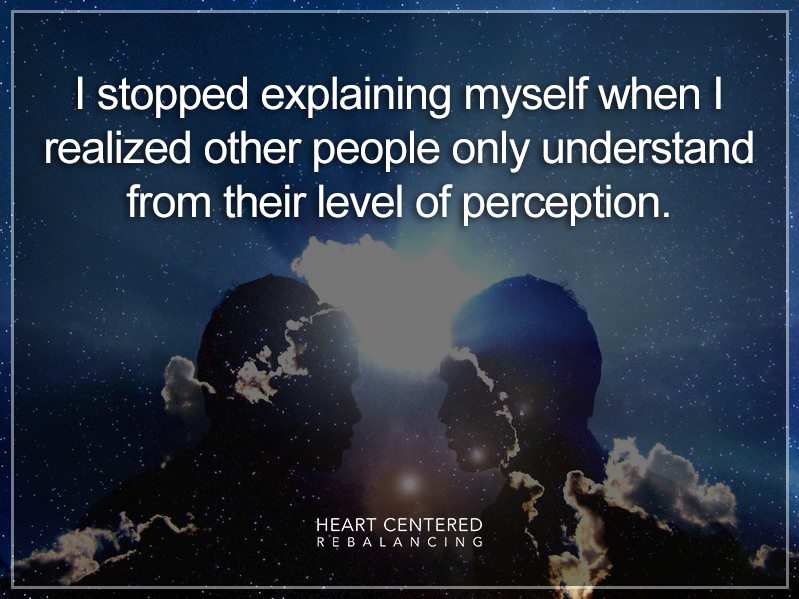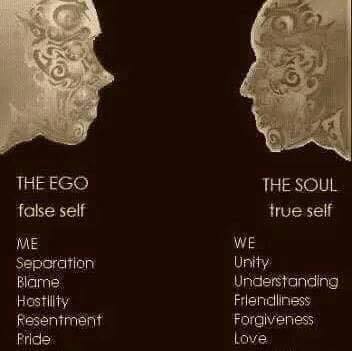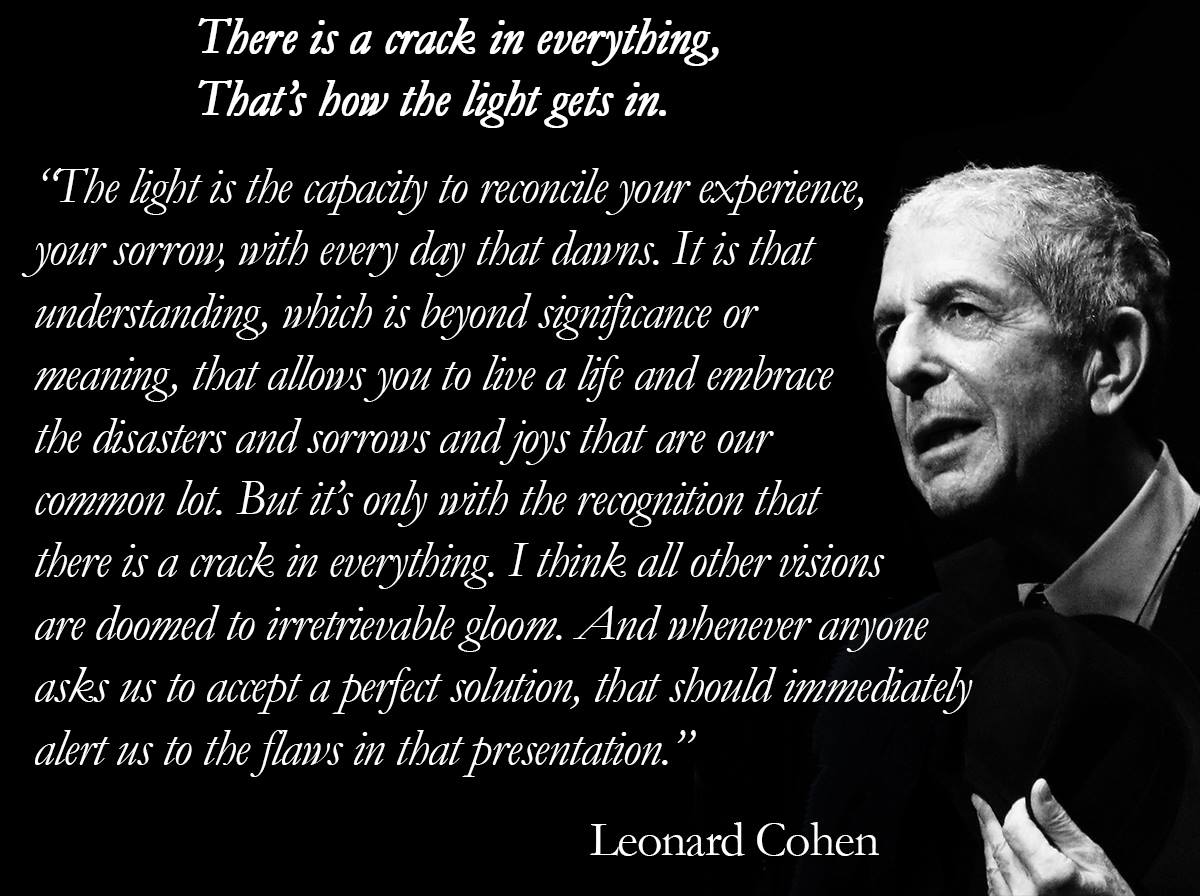In Mandy Len Catron’s Modern Love essay, “To Fall in Love With Anyone, Do This,” she refers to a study by the psychologist Arthur Aron (and others) that explores whether intimacy between two strangers can be accelerated by having them ask each other a specific series of personal questions. The 36 questions in the study are broken up into three sets, with each set intended to be more probing than the previous one.
The idea is that mutual vulnerability fosters closeness. To quote the study’s authors, “One key pattern associated with the development of a close relationship among peers is sustained, escalating, reciprocal, personal self-disclosure.” Allowing oneself to be vulnerable with another person can be exceedingly difficult, so this exercise forces the issue.
The final task Ms. Catron and her friend try — staring into each other’s eyes for four minutes — is less well documented, with the suggested duration ranging from two minutes to four. But Ms. Catron was unequivocal in her recommendation. “Two minutes is just enough to be terrified,” she told me. “Four really goes somewhere.”




